Posted 13 сентября 2023, 07:02
Published 13 сентября 2023, 07:02
Modified 13 сентября 2023, 11:18
Updated 13 сентября 2023, 11:18
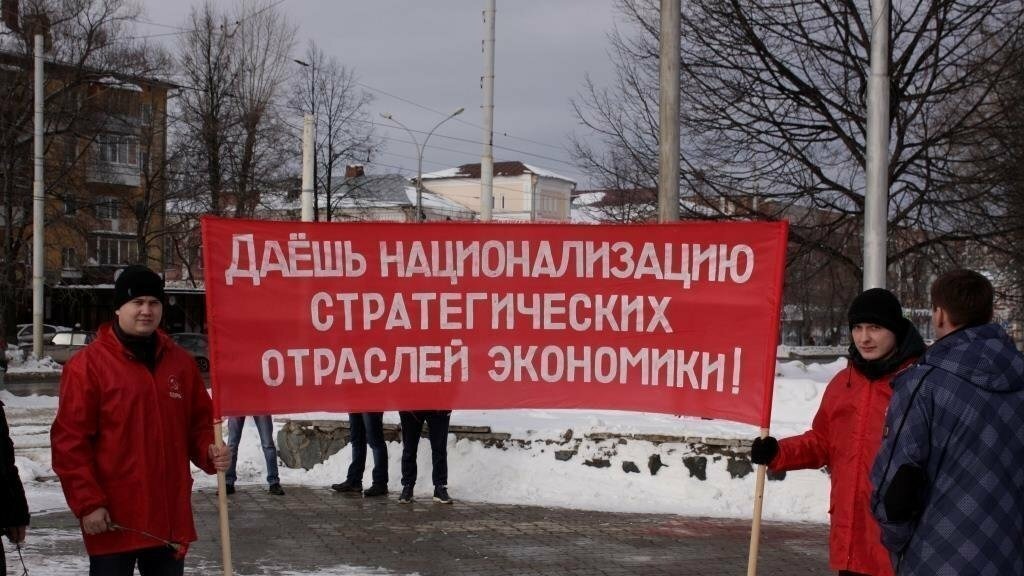
Deprivatizaton: which companies can be withdrawn from the owners in favor of the state
«Deprivation» is now taking place either under the pretext of revising the privatization of the 90s, or because the business owners are representatives of unfriendly countries. Over the past 10 years, more than one large enterprise has come under the wing of the state, and a new wave of seizures is coming ahead. Even more than the previous one.
Which companies have been nationalized in the last 10 years
«NI» made up the Top 5 most high-profile stories of the nationalization of private property over the past decade
The Bashneft case
In September 2014 AFK Sistema of Vladimir Yevtushenkov received a claim for the reclamation of all available shares of PJSC ANC Bashneft into state ownership. Already in November, the court granted the claim, but Sistema was recognized as a bona fide buyer and received the right to recover losses from the seller — Ural-Invest LLC.
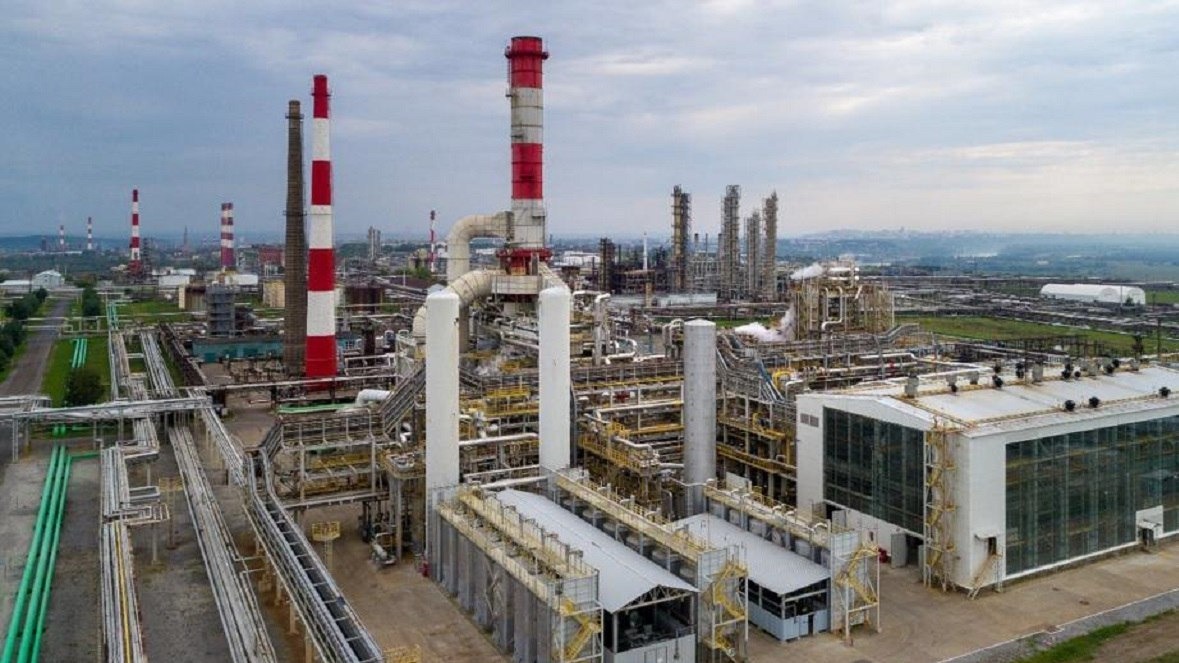

At first, Yevtushenkov Corporation was able to recover 46.5 billion rubles from the seller (10% of them were deducted as social investments in the Republic of Bashkortostan), and then additionally received assets worth 12.9 billion rubles. In total, Sistema earned 54.75 billion rubles. But already in 2017, the new owner, Rosneft, filed a lawsuit against Sistema for 170 billion rubles for losses caused during the reorganization of Bashneft. The court proceedings ended with the signing of a settlement agreement, under which Sistema paid 100 billion rubles. As a result, Vladimir Yevtushenkov's company lost Bashneft and 45.25 billion rubles.
The Bashsoda's case
In December 2020, the Bashkiria Arbitration Court canceled the privatization of Bashkir Soda Company JSC and claimed 95,72% of the company's shares in favor of the state from the ownership of Regional Fund JSC, Bashkir Chemistry JSC and Bashkir Chemistry Trading House LLC.


The decision was made on the grounds that the Prosecutor General's Office revealed violations during privatization — the transfer of rights in 2010-2013 was made «against the will of the Russian Federation.»
The case of the Solikamsk Magnesium Plant
In 2021, the Prosecutor's office considered the results of the 1992 privatization, which resulted in a long series of changes of ownership of the producer of rare earth metals and ongoing disputes of beneficiaries.
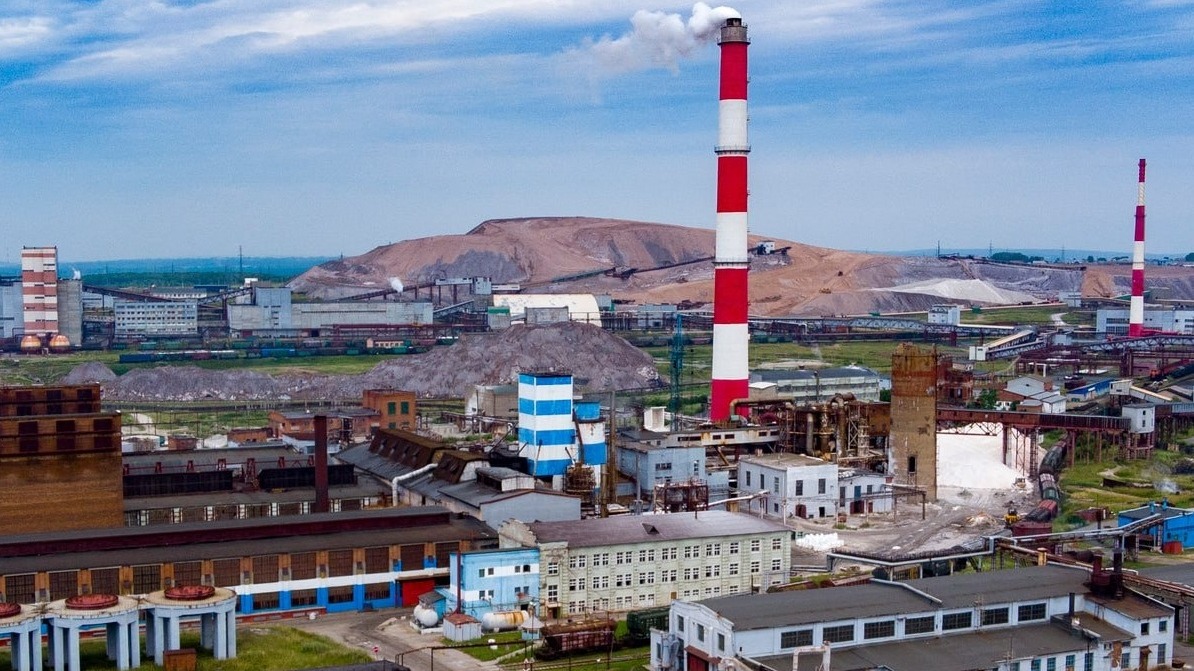

At first, it was revealed that in 2014 and 2016, some of the shares were sold to offshore funds in violation of the law. But the funds themselves have already been liquidated, because of this, the new owners Pyotr Kondrashev, Timur Starostin and Sergey Kirpichev were deprived of the right to vote. After that, it was revealed that the privatization of 1992 had to take place according to a special regulation, because the company was working with radioactive waste. In 2022, the shares of the majority shareholders were transferred to the state, and in 2023, they were transferred to Rosatom.
The case of «Kucuksulfate»
In 2021, the Prosecutor General 's Office began to seek the return to the state of the shares of the only one in Russia producer of natural sodium sulfate JSC «Kuchuksulfate» from the Altai Territory.
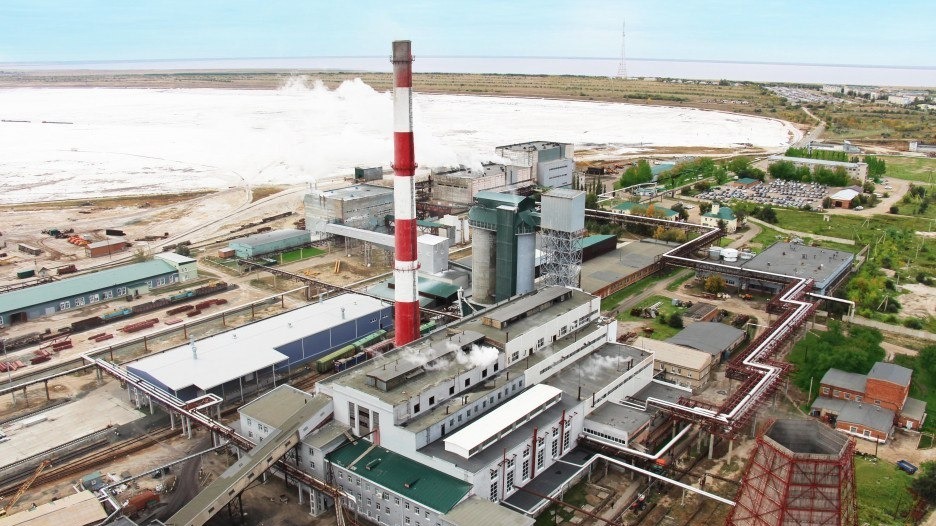

As in the case of the Solikamsk Magnesium Plant, the privatization of the enterprise in 1991-1993 was carried out without special permission from the Government of the Russian Federation.
The case of the «Eastern Commercial Sea Port»
The transfer of shares of the VMTP, the largest container terminal in the Far East, in favor of the state began with the filing of a lawsuit from the parent company of the Far Eastern Shipping Company (DVMP) to the beneficiaries for 80 billion rubles. The brothers Ziyavudin and Magomed Magomedov were found guilty of illegally using the funds of the DVMP to buy shares of the DVMP itself.
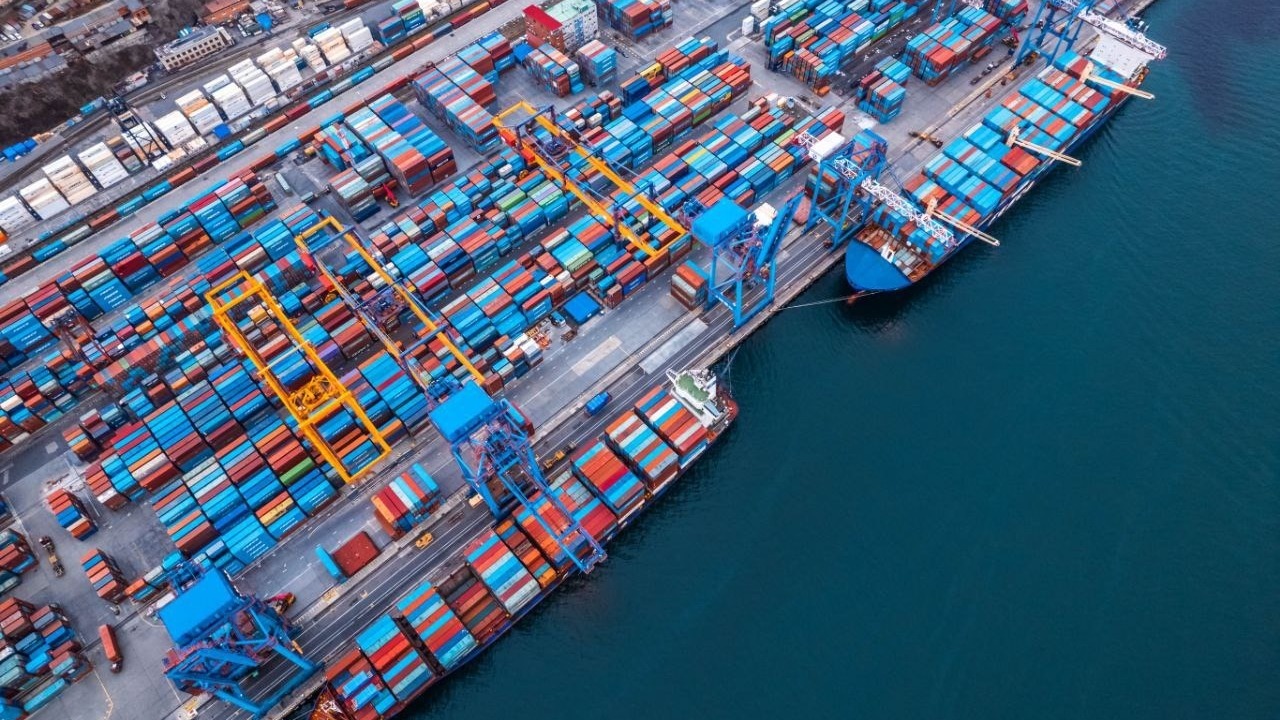

In April 2023, the court found them guilty, satisfied the requirements of the DVMP, and the shares of PJSC VMTP, together with shares in LLC UK Transport Group FESCO, JSC Russian Troika, JSC Port Fleet, JSC Portactive, Port Petrovsk and Fesco Bunker were transferred to the state.
Diagnosis of deprivation on the Eastern Economic Forum: everything is taken away without trial
The Minister of Economic Development Maxim Reshetnikov raised the topic of deprivation on Monday. In his interview with the RBC TV channel, he spoke out against the ongoing processes of nationalization of private property.
— This is a path to nowhere, and it demotivates a lot of people, and a lot of people are beginning to wonder where those red lines are.
On Tuesday, the initiative was intercepted by Maxim Oreshkin, Assistant to the President for Economic Affairs. In his opinion, the state is a bad owner and cannot effectively manage the enterprise.
— The company is located in some region, lives its own life, the official is in Moscow, reads a report once a quarter. The main thing for him is not to take any risk, unsubscribe from something, and so on. It is clear that such management does not lead to good results.
Oreshkin also notes that deprivation does not punish the true beneficiary — the one who carried out the privatization and then successfully sold the company. Honest business buyers who have nothing to do with privatization often come under attack.
The head of the Russian Union of Industrialists and Entrepreneurs (RSPP) Alexander Shokhin did not stand aside either. He draws attention to the fact that the statute of limitations in the case of privatization, contrary to logic, does not begin from the moment the crime was committed, but from the moment attention was paid to it.
— We have a strange interpretation of the newly discovered circumstances. If someone — whether a deputy or a journalist — reports that something was wrong with the privatization, the statute of limitations starts from this date. Robbery, murder — ten years statute of limitations. Some circumstances may also open up here — either they got into the archive, they didn't find some piece of paper, or some deputy who privatized was not the nominal owner, but the real head of the company, and you can return it to the treasury.
This attitude scares entrepreneurs: no one knows who is next in line for the gratuitous withdrawal of assets. President Vladimir Putin has put an end to this discussion.
— There is no deprivation planned, there will be no deprivation. That's what I can tell you for sure.
All the same, the property will be taken away from private owners
Vladimir Putin made one small but very important remark: the Prosecutor General's Office will continue to work «in separate areas, in separate companies.» That is, the absolute security of the business is not threatened. And now the Prosecutor General's Office is considering a lot of cases on the revision of the composition of the owners. We present the TOP 5 most high-profile cases that are currently being investigated. These are the companies with the highest risk of going into state ownership.
The SIBEKO case
Last August, the Prosecutor General's Office filed a lawsuit against the richest man in Russia, Andrei Melnichenko. Law enforcement agencies did not like the fact that the shares of the largest energy marketing company in Siberia were bought from the structures of the ex-minister of the open government Mikhail Abyzov.
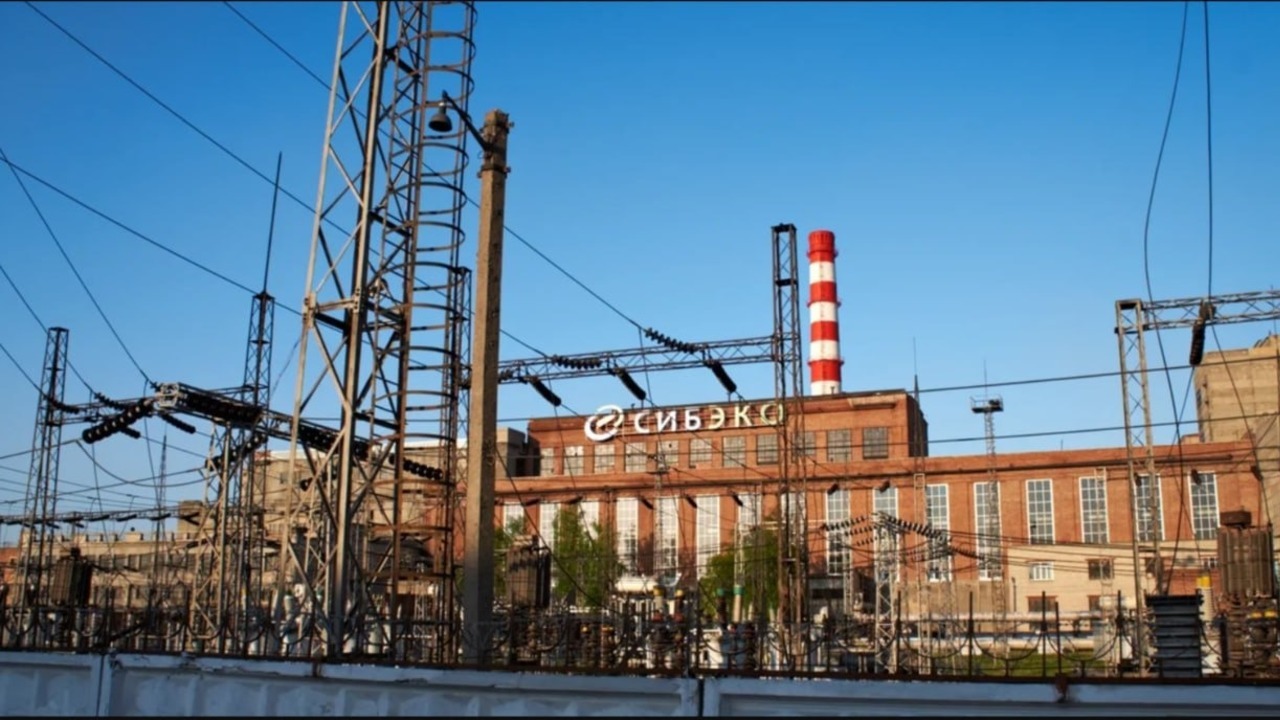

Presumably, the transaction took place in violation of anti-corruption legislation and signs of «taking advantage of unfair behavior.»
The Metafrax Chemicals case
Last week, the Arbitration Court of the Perm Region, at the request of the Prosecutor General's Office, declared illegal the privatization of a large producer of formalin and methanol. It turned out that in 1992-1993, businessman Dmitry Rybolovlev became the owners illegally, since the company produces dangerous products and its privatization was generally prohibited.
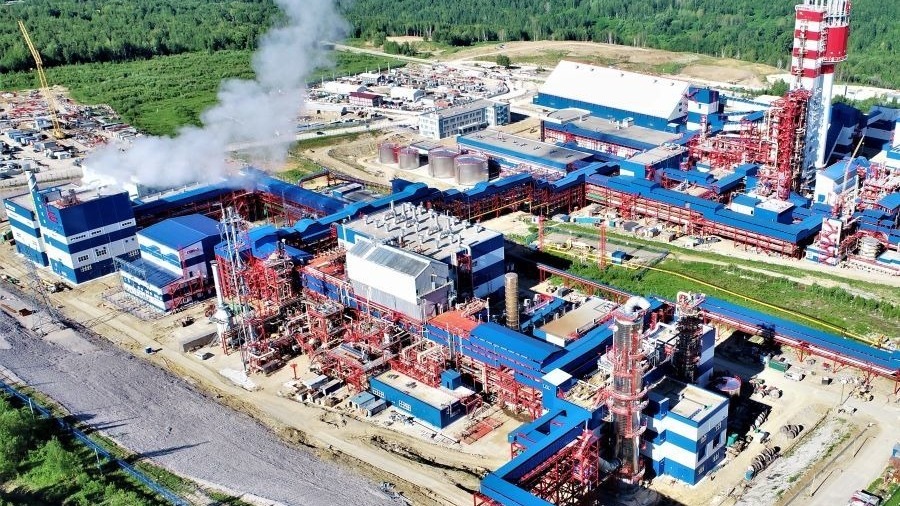

Another reason for nationalization is that the controlling stake has been owned by the American company Sorcy Investments Trust since 2007.
The case of the «Dalnegorsky GOK»
In early August 2023, the Prosecutor General's Office demanded that the Primorsky Krai court withdraw shares of Dalnegorsky GOK from Fininvest LLC. It is the only producer of boric acid in Russia. Prosecutors believe that foreign control was illegally established over the enterprise, which threatens the security of the state.
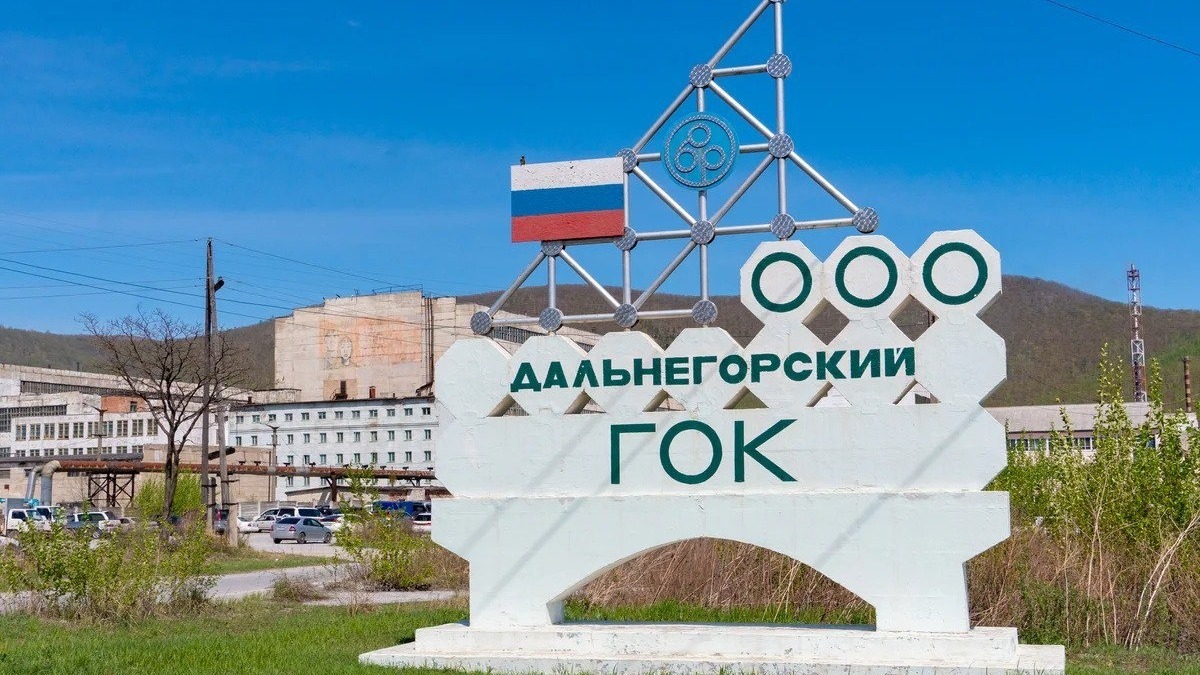

The GOK itself belongs to the Russian Fininvest, and already this company is controlled by Blurock Participation Inc from the British Virgin Islands.
The case of Volzhsky Orgsintez
At the end of last July, the Prosecutor General's Office demanded that businessman Alexander Sobolevsky transfer 100% of the shares of Volzhsky Orgsintez JSC to the state — the manufacturer of aniline used in explosives.
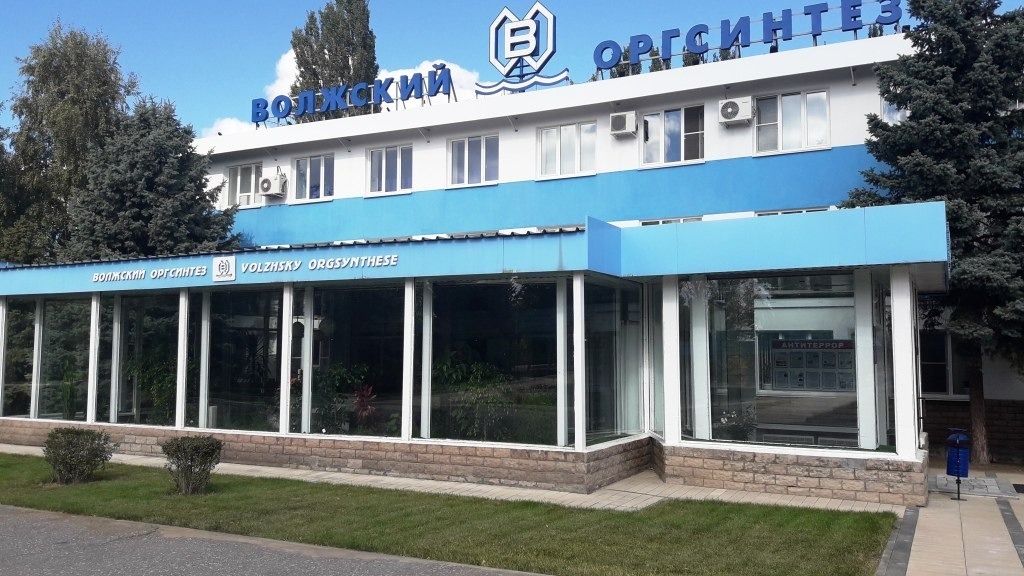

According to the prosecutor's office, in 1993-1996, the sale of property was carried out illegally, and foreigners became the owners, which led to a violation of the economic sovereignty of the Russian Federation.
The Uralbiopharma's case
Last August, at the request of the Prosecutor General's Office, the Yekaterinburg court recovered shares of Uralbiopharm JSC in favor of the state. This company, previously owned by Malik Gaisin, produces such popular drugs as paracetamol, acetylsalicylic acid, bromhexine, sodium gluconate, allohol, activated charcoal and others.
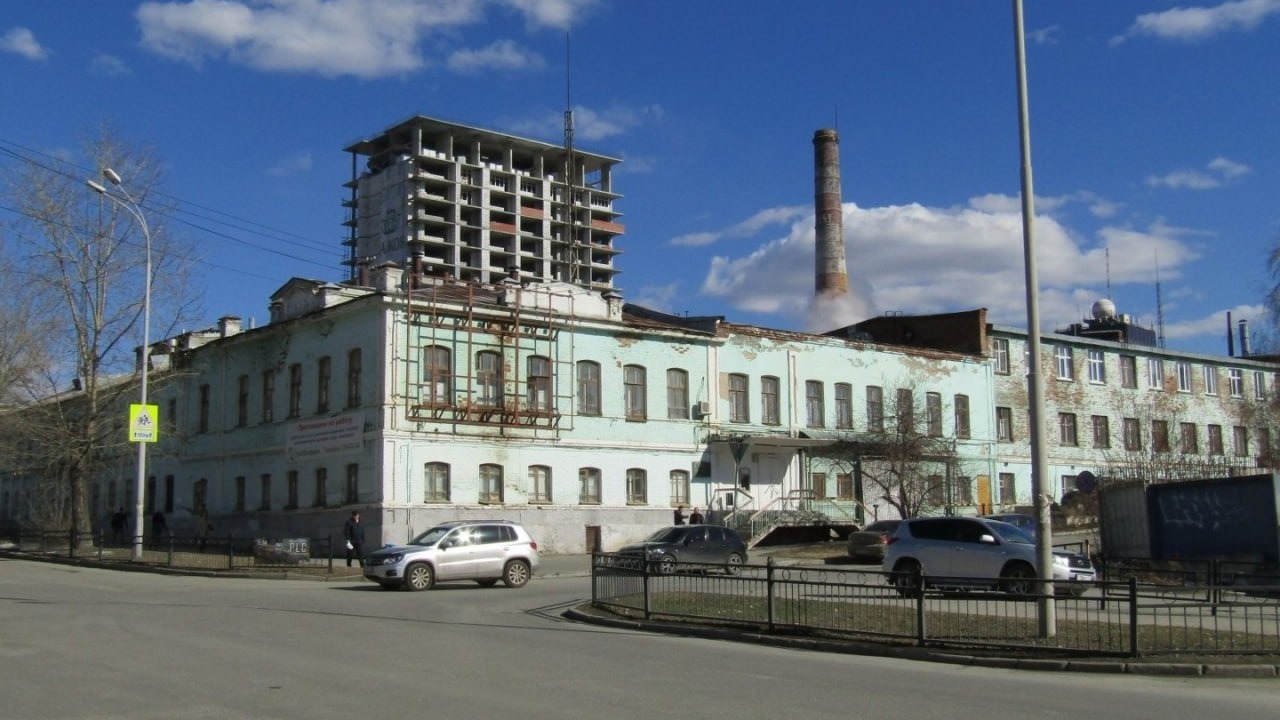

The Prosecutor General's Office insisted that Malik Gaisin, in 1995, as a deputy of the State Duma, bought up privatisation checks of the company, which means he was illegally engaged in entrepreneurial activity.
Coincidence or not, but the Prosecutor General's Office began to show unprecedented activity in matters of nationalization of property in July–September 2023. Did no one have any questions about the legality of transactions up to this point? Anyway, the statements of the authorities leave a lot of opportunities for the actions of the Prosecutor General's Office. Very comfortable conditions for business, which promise to create in Russia is not the first year, it looks like it will have to wait.